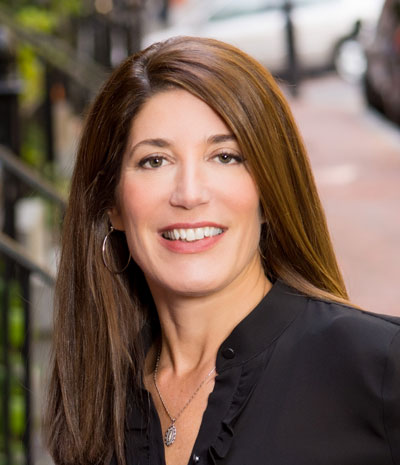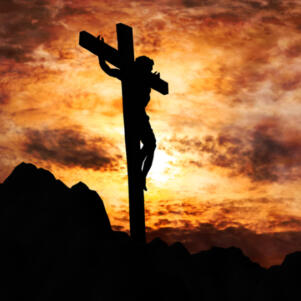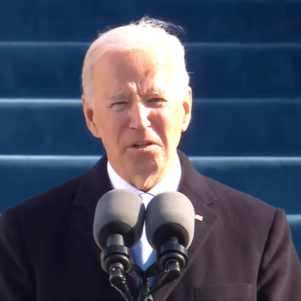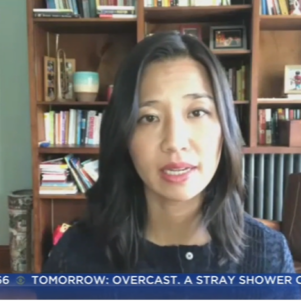The BLOG: Faith and Law
What Americans of any faith can learn from Hanukkah
Jennifer C. Braceras | December 10, 2015
Hanukkah is about religious liberty. Plain and simple.
Although many Americans are familiar with the symbol of the Menorah and the custom of playing Dreidel, few understand what Hanukkah is really about.
Some people think of Hanukkah as some sort of “Jewish Christmas,” an unimportant date on the Jewish calendar that has taken on inflated significance in this country, nestled as it is in the month of December alongside Christmas, the biggest national holiday of the year. (Easter is, arguably, a more important holiday for Christians, but that is the subject of another post.)
It is true that Hanukkah is not spiritually significant – indeed, the story of Hanukkah is not found in the Hebrew Scriptures but comes instead from the First Book of Maccabees, a book regarded as a historic (as opposed to religious) text by Jews.
But the holiday has important significance for people of all faiths who care about religious freedom.
In 175 B.C., the Syrian-Greek king Antiochus IV invaded the Kingdom of Judea and captured the capital, Jerusalem.
Antiochus, subsequently, banned Judaism — outlawing the observance of the Sabbath, as well as the practice of circumcision. Jews were given the choice to convert or die. Antiochus dedicated the Jewish Temple to Zeus, and Jews were expected to make sacrifices at the altar of the Greek god.
According to the First Book of Maccabees, a Jewish priest by the name of Mattathias killed a man who came to the Temple to worship Zeus. Mattathias and his five sons then fled the capital, hiding out in caves in the wilderness. From there, they gathered reinforcements and launched a guerrilla war against the empire.
The eldest son, Judah Maccabee, led the insurrection, which involved many battles over many years, as well as covert missions to destroy pagan statues in villages across the land. Although vastly outnumbered, the Maccabees’ guerrilla tactics brought Antiochus’s army to its knees, and the Jews ultimately prevailed.
The rest of the story is well known: Upon retaking Jerusalem, the Maccabees entered the Temple to reclaim it for the Jews. Legend has it that when they sought to relight the flame of the Menorah, they found only enough purified oil for one day. It would take eight days to produce a new batch. But they lit the Menorah anyway, and by the grace of God the oil lasted not one day, but eight.
The first Hanukkah was a feast of thanks-giving for victory over the empire and the restoration of the Temple. The original telling of the story did not include the miracle of the oil. That part was added later.
In time, Hanukkah became known as the “Festival of Lights,” a celebration of the miracle of the oil.
But it bears remembering that Hanukkah is also a story about religious freedom.
It is, at its core, a story of resistance in the face of religious oppression. It is the story of how a community of religious minorities refused to submit to idolatry. And it is the story of religious dissidents who fought for the right of their people to practice their faith and to govern themselves.
To be sure, it is also a story of religious zealotry. Because, while the Maccabees were heroic in many ways, in the course of their long guerrilla war they were also ruthless in their treatment of pagan civilians and Hellenistic Jews (assimilated Jews whom the Maccabees regarded as apostates).
This month, as NBP celebrates religious pluralism, the story of Hanukkah is one worth retelling and discussing. It is a story from which all Americans, and those who fight for religious liberty the world over, can learn much.
Jennifer C. Braceras is Editor of the NewBostonPost.
RELATED:
Publisher’s Message: Religious pluralism
Hanukkah’s origins spring from a restoration of faith
NBPPluralism






